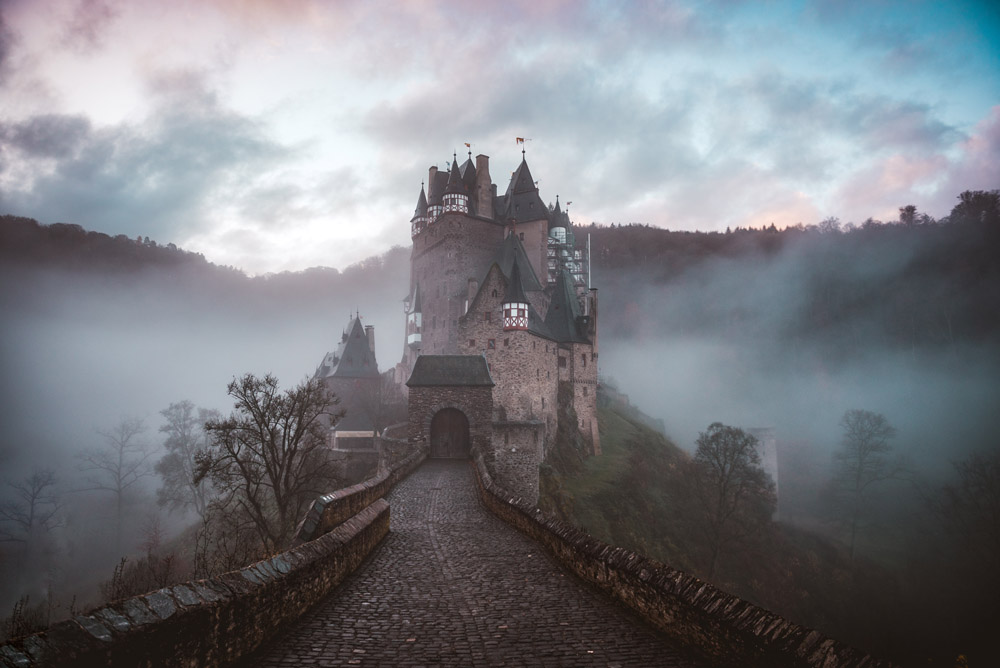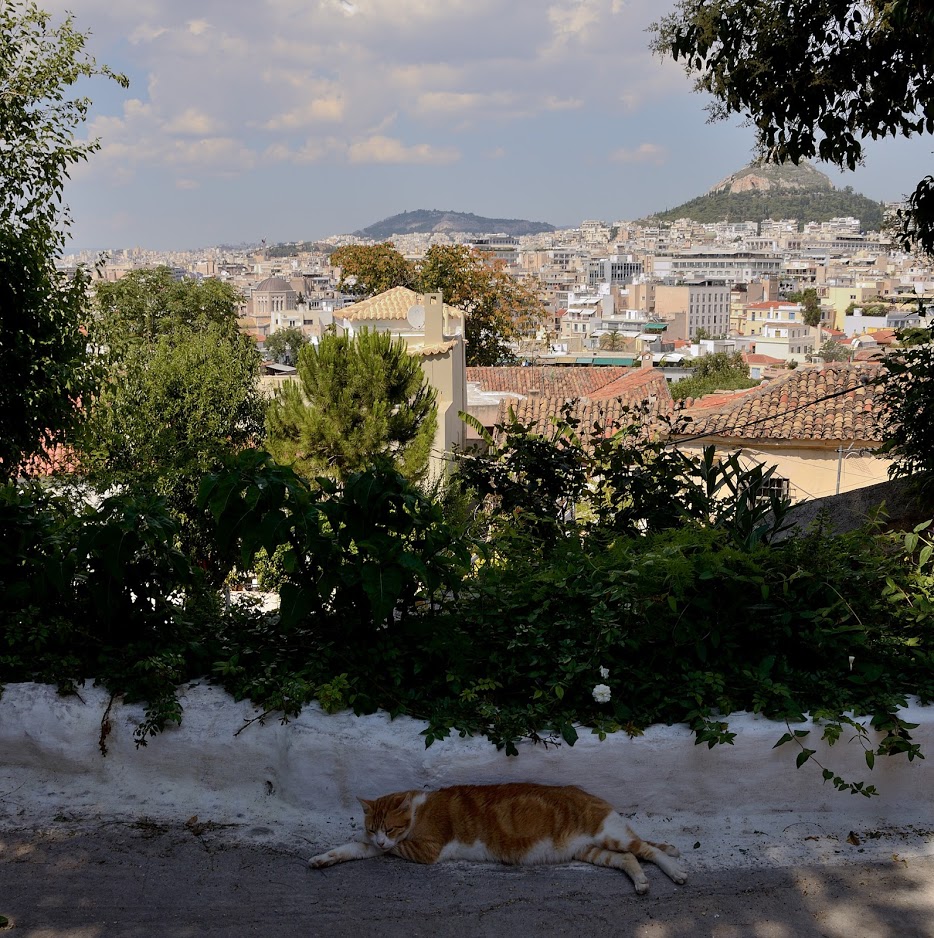Note: the following article on the meaning of Dracula’s castle is a modified excerpt from my article “Philosophical Idealism and Vision in Bram Stoker’s Dracula: Photographs, Sight, and Remote Viewing as Tools of Reality Rendering”. Word and Image: Theoretical and Methodological Approaches. Tampere, Finland: Tampere University Press, 2014.
Feel free to also take a look at my other academic publications.
The importance and meaning of Dracula’s castle in the novel becomes evident for a variety of reasons. In general temporal terms, the castle of Dracula serves as a generic reminder and connects with the Gothic tradition.
Examining the text itself, the novel essentially begins and ends with the castle. In fact, the novel ends in the castle twice: the first time in Mina’s last journal entry, describing the seeming destruction of Count Dracula in his home ground (D, 401) and the second in Jonathan Harker’s note, revealing their pilgrimage of sorts to the very same place seven years later (D, 402).

